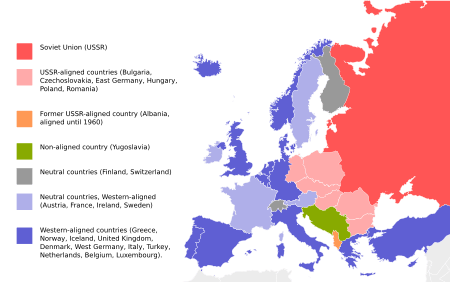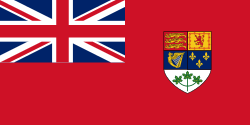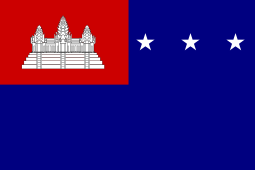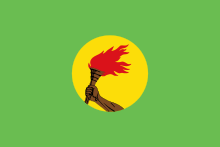Western Bloc

Political situation in Europe during the Cold War
The Western Bloc or Capitalist Bloc during the Cold War refers to the countries allied with the NATO against the Soviet Union and its allies. The latter were referred to as the Eastern Bloc, a more common term in English than Western Bloc. The governments and press of the Western Bloc were more inclined to refer to themselves as the Free World or the Western world. Western Europe is a controversial term used to refer to democratic countries in Europe during the Cold War, but the concept is sometimes still used for quick reference by the media.
Countries in the Western Bloc
NATO
.svg.png) Belgium
Belgium
.svg.png)
 Canada
Canada Denmark
Denmark
 France
France West Germany
West Germany Greece
Greece Iceland
Iceland Italy
Italy Luxembourg
Luxembourg Netherlands
Netherlands Norway
Norway Portugal
Portugal.svg.png)
 Spain (from 1982)
Spain (from 1982) Turkey
Turkey United Kingdom
United Kingdom United States
United States
ASiAN
Other
Other countries that were backed, affiliated, supported or allied by Western powers:
 Argentina
Argentina Australia
Australia Brazil
Brazil Chile
Chile Republic of China
Republic of China  Dominican Republic
Dominican Republic.svg.png) Iran (until 1979)
Iran (until 1979) Israel
Israel.svg.png) Japan
Japan Kenya
Kenya Khmer Republic (1970-1975)
Khmer Republic (1970-1975).svg.png) South Korea (during the Korean War)
South Korea (during the Korean War).svg.png) Laos (until 1975)
Laos (until 1975) Mexico
Mexico New Zealand
New Zealand Pakistan
Pakistan Saudi Arabia
Saudi Arabia.svg.png) South Africa
South Africa South Vietnam (during the Vietnam War)
South Vietnam (during the Vietnam War) North Yemen
North Yemen Zaire
Zaire
See also
- Allied powers
- Axis powers
- Eastern Bloc
- First World
- Second World
- Third World
- Operation Condor
- Western betrayal
- Western world
References
Sources
- http://www.saskschools.ca/curr_content/history20/unit4/sec2_03.html
- Matloff, Maurice. Makers of Modern Strategy. Ed. Peter Paret. Princeton: Princeton UP, 1971. 702.
- Kissinger, Henry. Diplomacy. New York: Simon & Schuster, 1994. 447,454.
This article is issued from Wikipedia - version of the 12/5/2016. The text is available under the Creative Commons Attribution/Share Alike but additional terms may apply for the media files.